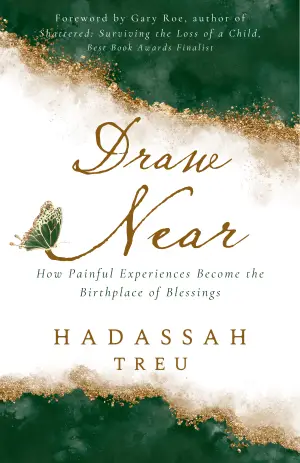Book Review: The Usual Desire to Kill by [Author’s Name]
You know that feeling when you pick up a book and sense an immediate connection? The Usual Desire to Kill hooked me right from the start, and not just because of its catchy title. It promised a satirical dive into the chaos that often accompanies family gatherings, a theme that resonates deeply with many of us—especially during the holiday season. The author, [Author’s Name], crafts a narrative that is equally amusing and unsettling, evoking a familiar sense of emotional whiplash that had me both laughing and cringing as I reminisced about my own family dinners.
At the heart of this quirky tale is Miranda, a weary actress making the pilgrimage to her parents’ aging estate in France. What might appear to be a picturesque setting quickly devolves into a chaotic whirlwind of passive aggression and unresolved family drama. Miranda’s parents—her father, a retired philosopher with an inclination for tangential rants, and her mother, a master of guilt—provide comedic, yet painfully relatable, commentary on familial strife. I couldn’t help but see reflections of my own experiences; the kind of dinner table conversations where everyone’s looking for an exit strategy, yet no one dares to leave.
The narrative structure is as complex as the family dynamics it portrays, flipping back and forth between Miranda’s visits, her timely emails, and her mother’s old letters. While this made for a rich tapestry of thoughts and voices, I found myself frequently bewildered, hoping I hadn’t missed a plot point or a critical timeline shift. There were times it felt as if I were trapped in a surreal dinner party where everyone speaks in riddles—definitely relatable for anyone who has tried to navigate their parents’ intriguing take on reality.
One of the aspects that I appreciated most about the book was its writing style. It’s clever and layered, reflecting both the chaos of the family’s interactions and the depth of their individual grievances. I constantly found myself giggling at moments that cut a little too close to home, especially those concerning the exasperation of dealing with aging parents and their baffling habits, like the extensive collection of freezer-burned meat. A specific line that jumped out at me was Miranda’s sign-off in an email to her sister: “the usual desire to kill.” It’s such a brilliantly accurate encapsulation of familial love laced with frustration—a reminder that it’s okay to feel both affection and irritation in equal measures.
So, who would enjoy The Usual Desire to Kill? If you’re someone who savors literary chaos, unresolved emotional baggage, and can find humor in mundane family arguments, this book is a must-read. Just don’t expect a tidy conclusion or healing moments that leave you with a sense of inner peace. Instead, prepare for a spirited reflection on messy family life, where love often appears in the guise of heated discussions over lawn care and forgotten vegetables from decades past.
In the end, despite the confusion, I found a certain comfort in the disarray. Perhaps that’s what makes family dynamics so profoundly rich; they are messy yet strangely familiar. Reading this book prompted me to embrace my own familial quirks, reminding me that chaos can often be a form of love—just like that feeling I got after closing the cover and letting out a chuckle, perhaps a little too loudly, in the quiet of my own home.
Discover more about The Usual Desire to Kill on GoodReads >>






